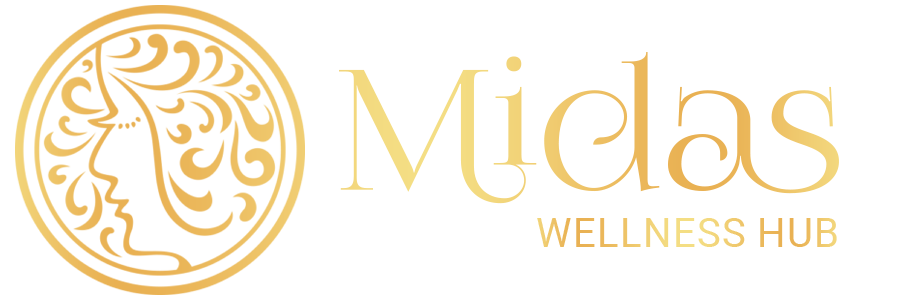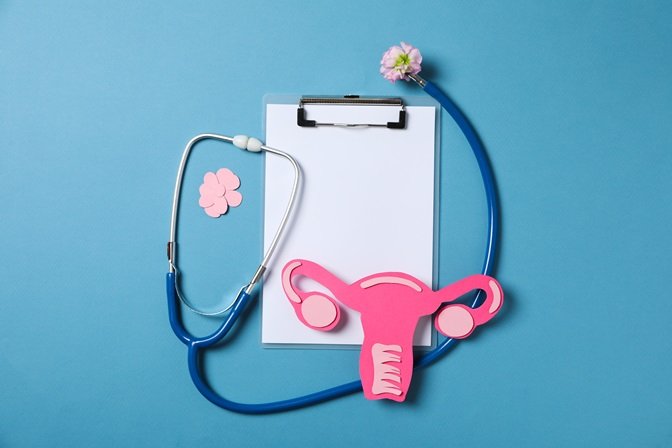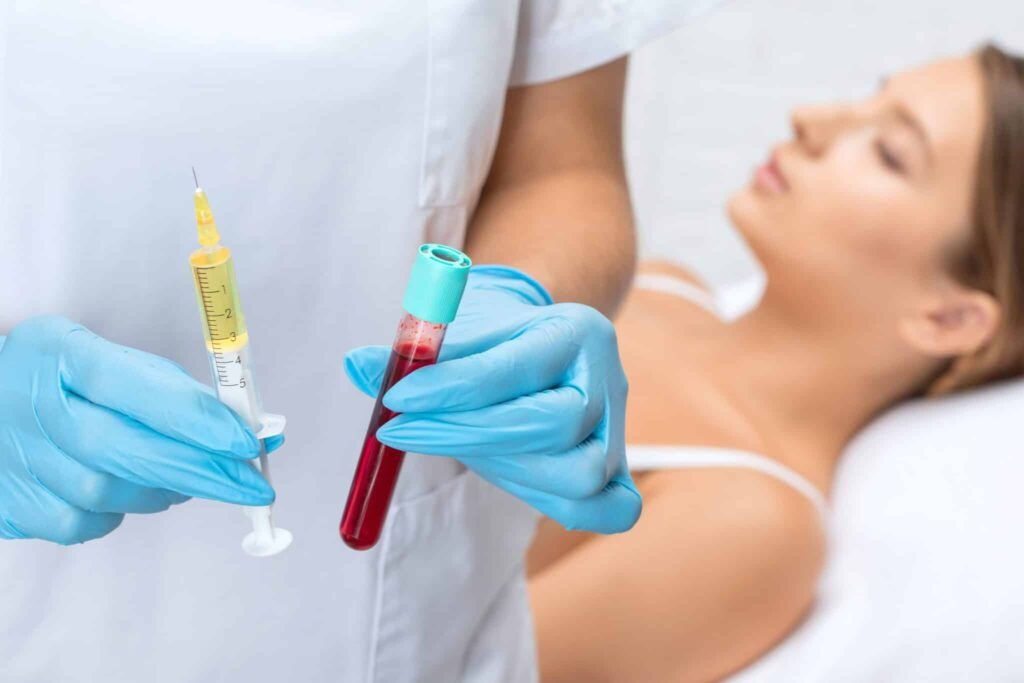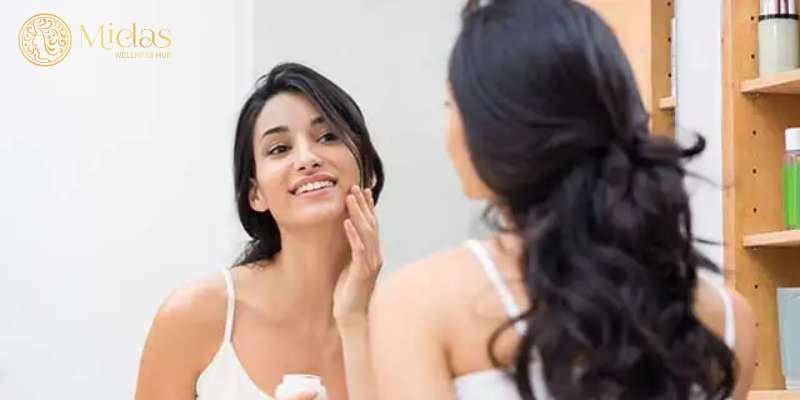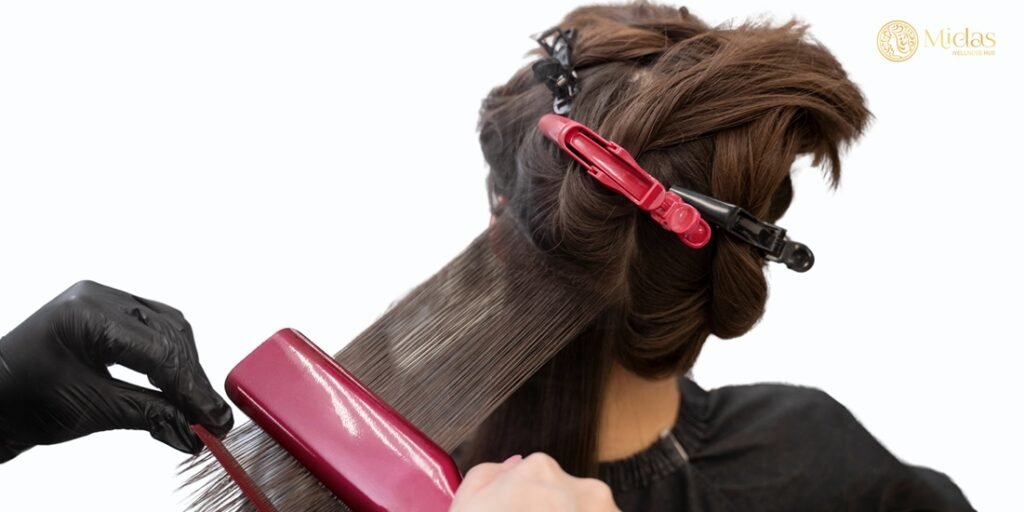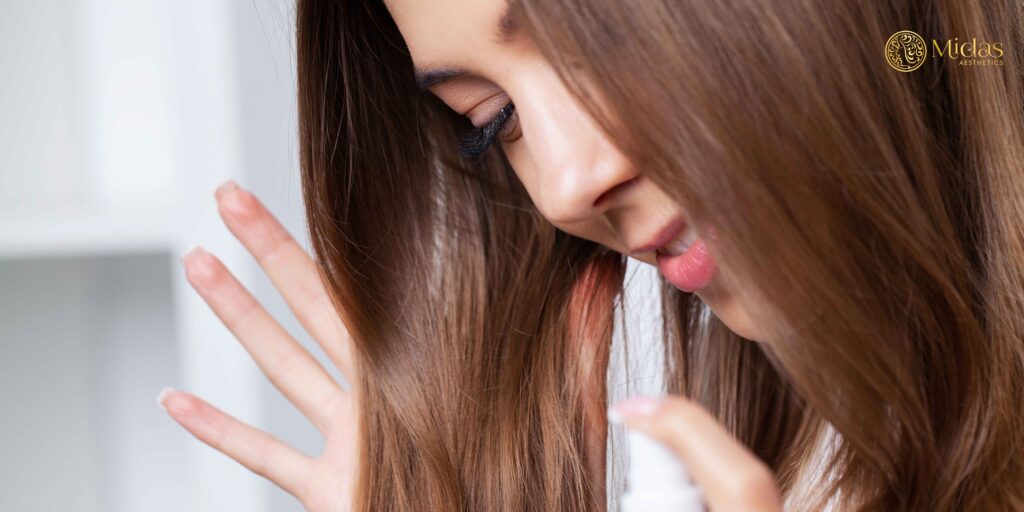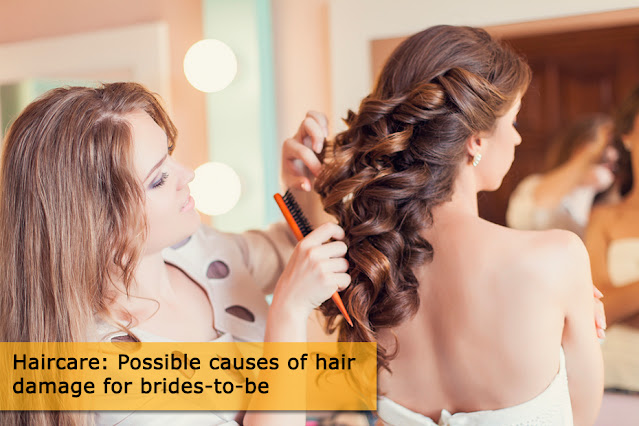
PCOS Hair Fall Treatment : Importance of Personalized Approach
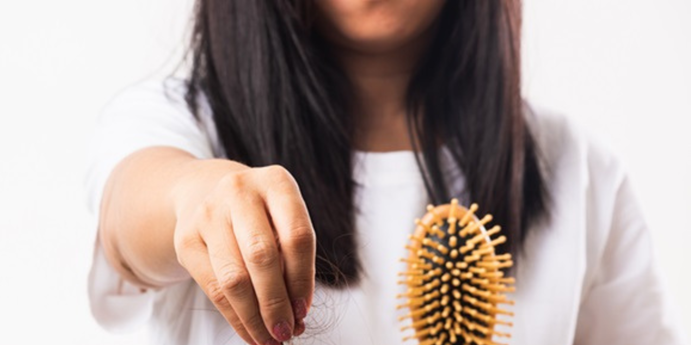
Polycystic Ovary Syndrome (PCOS) is a complex endocrine disorder affecting millions of women worldwide. One of its most distressing symptoms is hair fall, which can significantly impact self-esteem and quality of life. The journey to finding an effective treatment for PCOS-related hair fall can often be frustrating and overwhelming, as the underlying causes vary from person to person.
This is where the importance of a personalized approach comes into play. Tailoring treatment plans to the individual’s unique hormonal profile, lifestyle, and genetic predispositions ensures more effective and sustainable results. In this blog, we’ll delve into why a one-size-fits-all solution doesn’t work for PCOS hair fall and explore the benefits of personalized PCOS hair fall treatment strategies.
What is PCOS?
Polycystic Ovary Syndrome (PCOS) is a hormonal disorder common among women of reproductive age. It is characterized by irregular menstrual cycles, excessive androgen levels, and polycystic ovaries. Women with PCOS may experience a range of symptoms, including weight gain, acne, and hair loss, among others.
The exact cause of PCOS remains unknown, but it is believed to involve a combination of genetic and environmental factors. Insulin resistance and inflammation are also thought to play significant roles in its development. Given its multifaceted nature, managing PCOS often requires a comprehensive approach that addresses both its physical and emotional impacts.
Does PCOS Cause Hair Loss?
Yes, PCOS can indeed cause hair loss, and understanding this link requires a closer look at the hormonal imbalances associated with the condition. One of the hallmark features of PCOS is elevated levels of androgens, which are male hormones that, while present in all women, are found in higher quantities in those with PCOS.
This hormonal imbalance can trigger a type of hair loss known as androgenic alopecia, or female pattern hair loss. Unlike general hair thinning, androgenic alopecia specifically affects the hair on the scalp, leading to thinning primarily at the crown and frontal areas.
The mechanism behind this hair loss involves the hair follicles. Increased androgen levels can cause the hair follicles to shrink, producing progressively finer and shorter hair strands. Over time, this process can significantly reduce hair density and volume.
Additionally, insulin resistance, a common issue in women with PCOS, can further disrupt the hair growth cycle. Insulin resistance affects the body’s ability to regulate blood sugar levels, which can indirectly impact hair health by contributing to hormonal imbalances and inflammation.
Moreover, the stress and emotional impact of dealing with PCOS can exacerbate hair loss. Stress can increase cortisol levels, which may interfere with the normal hair growth cycle, leading to more pronounced hair shedding. Managing PCOS-related hair loss often requires addressing these hormonal imbalances through personalized PCOS hair fall treatment plans.
PCOS Hair Loss Treatment
Managing hair loss caused by PCOS requires a comprehensive and personalized approach to address the underlying hormonal imbalances. Here are five detailed PCOS hair fall treatment strategies to help restore and maintain healthy hair.
Hormonal Therapy
Hormonal therapy is often a cornerstone in the treatment of PCOS-related hair loss. Oral contraceptives are commonly prescribed to regulate menstrual cycles and reduce androgen levels. These contraceptives contain estrogen and progesterone, which help balance the hormonal fluctuations that contribute to hair loss.
Anti-androgen medications, such as spironolactone, can also be effective. These medications work by blocking the effects of androgens on hair follicles, thus reducing hair thinning and promoting regrowth. However, PCOS hair fall treatment should be closely monitored by a healthcare provider to manage potential side effects and ensure optimal results.
Lifestyle Modifications
Lifestyle changes play a critical role in managing PCOS and its associated symptoms, including hair loss. Adopting a balanced diet rich in whole foods, lean proteins, healthy fats, and fiber can help stabilize blood sugar levels and reduce insulin resistance, which in turn can help regulate hormone levels.
Regular physical activity is also beneficial, as it improves insulin sensitivity and supports overall hormonal balance. Additionally, managing stress through techniques such as yoga, meditation, or mindfulness can lower cortisol levels, which can otherwise exacerbate hair loss. These lifestyle modifications not only support hair health but also improve overall well-being.
Topical Treatments
Topical treatments can provide direct stimulation to the hair follicles, promoting growth and reducing hair loss. Minoxidil, a topical solution available over the counter, is one of the most widely used PCOS hair fall treatments for androgenic alopecia. It works by prolonging the growth phase of hair follicles and increasing their size.
Other topical options include natural oils and serums containing ingredients like rosemary oil, peppermint oil, and biotin, which have been shown to support hair health. Consulting with a trichologist can help in selecting the most appropriate topical PCOS hair fall treatment based on individual needs and hair types.
Nutritional Supplements
Certain vitamins and minerals are essential for healthy hair growth, and supplements can help address any deficiencies that may be contributing to hair loss. Biotin (vitamin B7), zinc, iron, and vitamin D are particularly important for maintaining healthy hair. Omega-3 fatty acids, found in fish oil supplements, can also support hair health by reducing inflammation and improving scalp circulation.
Additionally, supplements containing saw palmetto or other natural anti-androgens may help reduce the effects of elevated androgen levels. It’s important to consult with a health expert before starting any supplement regimen to ensure it’s safe and appropriate for individual health needs.
Medical Procedures
Hair Platelet-rich plasma (PRP) therapy involves injecting a concentrated solution of the patient’s own platelets into the scalp to stimulate hair growth. This PCOS hair fall treatment leverages the growth factors in platelets to enhance follicle function and promote new hair growth. Another option is low-level laser therapy (LLLT), which uses red light to stimulate hair follicles and increase hair density. In extreme cases, hair transplant surgery may be considered to restore lost hair. These procedures should be discussed with a qualified professional such as Midas Wellness Hub’s team to determine their suitability and potential outcomes.
Hair Care Tips for Women with PCOS
Managing hair health can be particularly challenging for women with PCOS due to the hormonal imbalances that can lead to hair thinning and loss. However, adopting a consistent and targeted hair care routine can make a significant difference. Here are some essential hair care tips to help women with PCOS maintain healthy, strong, and beautiful hair.
- Gentle Cleansing: Use a mild, sulfate-free shampoo to avoid stripping your hair of its natural oils. Wash your hair regularly to keep the scalp clean, but avoid overwashing, which can dry out your hair and scalp.
- Avoid Heat Styling: Minimize the use of heat styling tools such as blow dryers, straighteners, and curling irons. Excessive heat can damage hair and exacerbate hair loss. If you must use heat, apply a heat protectant spray beforehand.
- Gentle Handling: Be gentle when brushing or combing your hair to prevent breakage. Use a wide-tooth comb or a brush with soft bristles, and avoid pulling or tugging at knots. Start detangling from the ends and work your way up to the roots.
- Regular Trims: Get regular hair trims every 6-8 weeks to remove split ends and keep your hair looking healthy. Trimming prevents the ends from becoming damaged and promotes better overall hair health.
- Balanced Diet: Ensure your diet includes plenty of vitamins and minerals that support hair health. Foods rich in biotin, zinc, iron, and omega-3 fatty acids are particularly beneficial.
- Hydration: Drink plenty of water to keep your body and hair hydrated. Adequate hydration helps maintain the elasticity and strength of your hair, reducing the risk of breakage.
- Stress Management: Practice stress management techniques such as yoga, meditation, or regular exercise. High stress levels can exacerbate hair loss, so finding ways to relax and reduce stress can have a positive impact on your hair health.
Conclusion
Addressing hair fall caused by PCOS requires a nuanced and individualized approach, as each woman’s hormonal profile and response to treatments can vary widely. By tailoring PCOS hair fall treatment plans to the unique needs of each person, it is possible to achieve more effective and lasting results.
A personalized approach not only helps in managing the symptoms more efficiently but also enhances overall well-being by addressing the root causes of hair loss. Embracing a holistic strategy that includes hormonal therapy, lifestyle changes, topical treatments, nutritional supplements, and medical procedures can make a significant difference in combating PCOS-related hair loss.
Midas Wellness Hub Clinic specializes in providing customized and advanced treatments for a range of aesthetic concerns, including hair loss due to PCOS. With a team of experienced professionals and a commitment to personalized care, Midas Wellness Hub offers comprehensive solutions designed to meet the unique needs of each patient. Their holistic approach combines cutting-edge technology with individualized treatment plans to ensure the best possible outcomes for hair health and overall wellness.
